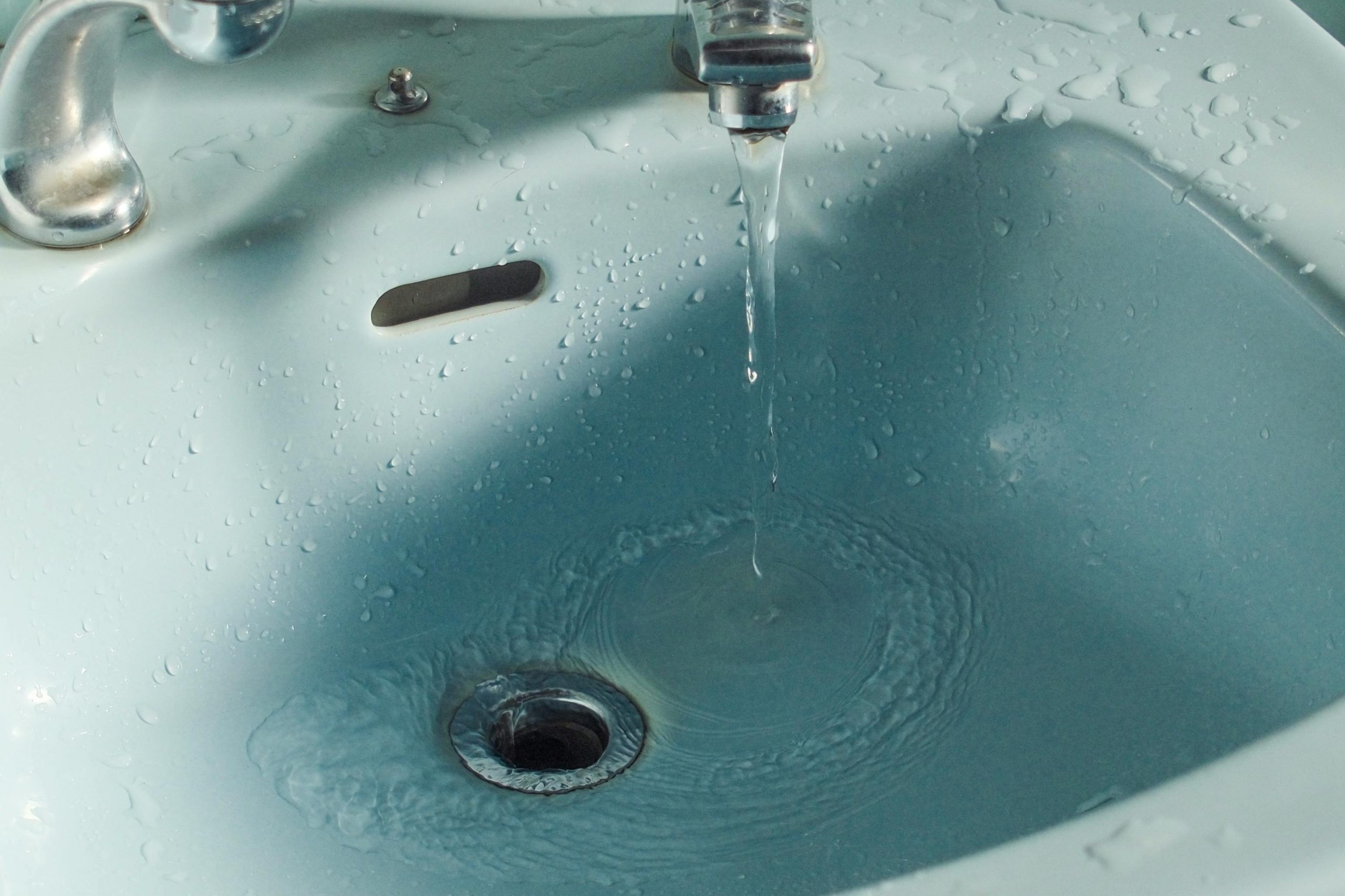
“A Little Drip Isn’t a Big Deal”
That slow, steady tap-tap-tap from a faucet can feel harmless—until you look at your water bill. A single dripping faucet can waste more than 3,000 gallons of water a year, enough to fill a small backyard pool. Beyond the expense, constant moisture encourages mineral buildup on fixtures and creates conditions ripe for mold. The fix is often as simple as replacing a worn-out washer or cartridge, which costs far less than the accumulated water wasted over time.
“Chemical Drain Cleaners Are a Safe Shortcut”
Store-bought drain cleaners promise a quick solution to clogs, but the harsh acids and lye they contain can eat away at metal pipes and soften PVC over repeated use. They also create toxic fumes and can splash back if misused. A safer first line of defense is a plunger or a hand-crank drain snake. For stubborn blockages, enlist a plumber who can clear the line mechanically or use professional-grade hydro-jetting without harming your plumbing system—or your lungs.
“Garbage Disposals Can Handle Anything”
It’s tempting to scrape plates directly into the sink, but disposals aren’t built to pulverize every type of waste. Fats, oils, and grease congeal in pipes, while fibrous foods like celery and onion skins wrap around blades. Even expandable foods—think pasta and rice—can swell and create stubborn clogs farther down the line. When in doubt, scrape food scraps into the trash or compost bin, and run cold water for at least 15 seconds after using the disposal to help flush any remaining particles.
“Ice Cubes Sharpen Disposal Blades”
Running ice through your disposal does help knock loose debris, but it doesn’t actually sharpen anything—most disposals use blunt impellers, not knives. Ice is fine for routine cleaning, yet relying on it as a “blade-sharpening trick” can mask the real need for maintenance. Instead, periodically grind citrus peels for deodorizing and schedule professional servicing if you notice odd noises or sluggish performance.
“As Long as Water Goes Down, My Pipes Are Fine”
Slow drains often signal the early stages of a clog or even a larger issue such as root intrusion in the main sewer line. Waiting until flow stops completely can lead to backups, messy cleanups, and costly repairs. If water lingers longer than usual in sinks, tubs, or showers—or you notice gurgling sounds—schedule an inspection. Early intervention is almost always cheaper and less disruptive than emergency service.
“All Plumbing Fixtures Are Created Equal”
Fixtures may look similar at first glance, but quality and efficiency vary widely. Low-cost faucets and toilets often contain cheaper internal parts that wear out quickly, leading to leaks and repairs. Look for fixtures that carry reputable certifications—such as WaterSense for water efficiency—and materials like solid brass valves or ceramic disc cartridges. Spending a little more upfront usually translates to longer service life and fewer headaches.
“A Water Heater’s Temperature Should Be Set High for Faster Hot Water”
Cranking the thermostat above 140°F won’t deliver hot water to your tap any faster; it only increases the risk of scalding, accelerates mineral scale inside the tank, and drives up energy costs. Most households are comfortable and safe at 120°F. If you still experience long wait times for hot water, consider insulating hot-water pipes or installing a recirculation pump rather than overheating your entire tank.
The Real-World Approach: Prevention, Maintenance, and Professional Insight
Myths persist because they offer quick fixes or appear to make life easier—yet they often ignore the long-term health of your plumbing system. Preventive maintenance, informed product choices, and knowing when to call a professional are the real keys to reliable, efficient plumbing. Simple steps—such as installing strainers over drains, insulating exposed pipes, and scheduling annual inspections—help catch minor issues before they escalate into expensive emergencies.
Put Reliable Knowledge to Work with Premier Plumbing
When it comes to your home’s plumbing, facts beat folklore every time. If you’re unsure about best practices—or think a persistent myth may have already caused trouble—Premier Plumbing, Inc. is here to help. Our licensed technicians serve Southeast Michigan with expert repairs, routine maintenance, and trustworthy advice rooted in current codes and decades of field experience.

